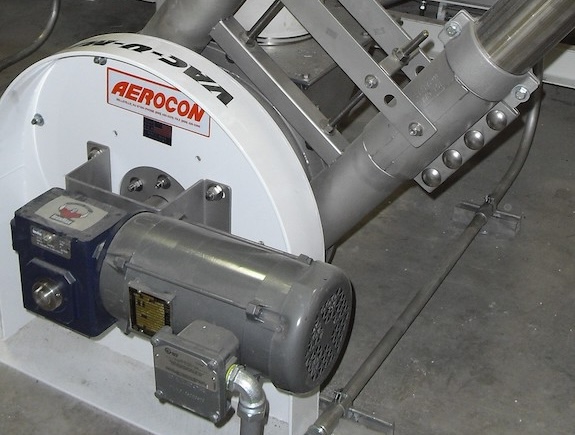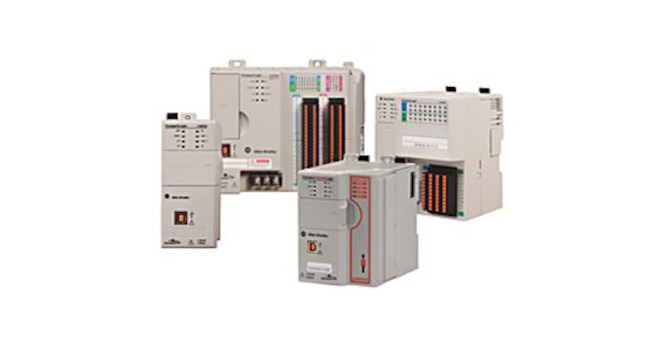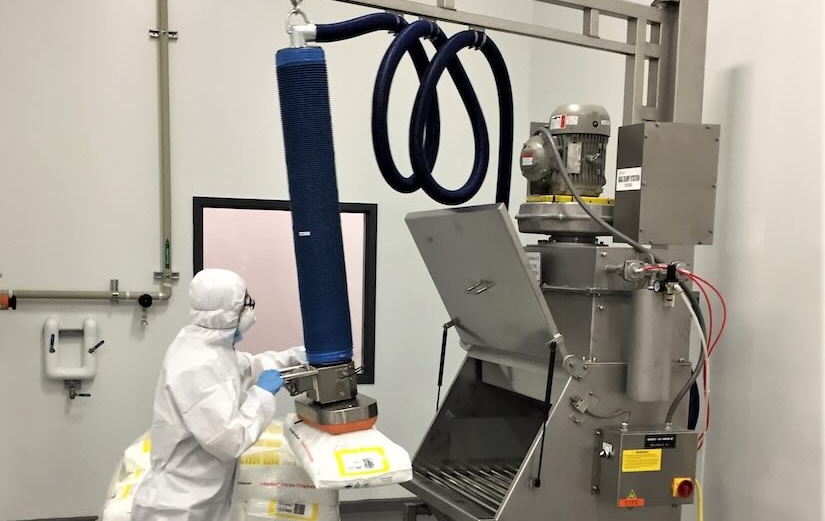One piece of equipment that is increasingly being incorporated into a plant’s network is the motor control center.
One piece of equipment that is increasingly being incorporated into a plant’s network is the motor control center. An MCC is a safe, economical and convenient way to mount control, distribution and automation equipment in one central location. It typically contains components such as motor starters, drives, circuit protection devices (circuit breakers, motor circuit protectors or fuses), circuit monitors and overload relays.
In a networked — or intelligent — MCCs, the plant’s protocol is built into its individual components via hardware, allowing for myriad information from those components and the processes they control to be fed back to plant personnel or even the process itself.
Though interest in intelligent MCCs is growing, it’s estimated that only about 20% of all MCCs in use today are indeed networked. Chances are, that a plant that isn’t currently using this equipment, is probably at least considering it to capitalize on the information it supplies to make more astute decisions.
An MCC may be overlooked by many as a potential information source because it is typically located behind the closed door of an electrical room along with the rest of the plant’s electrical distribution equipment. However, an intelligent MCC can be a crucial means for solving problems that have plagued facilities for decades, such as unscheduled downtime.
If a conveyor motor in a beverage plant burns out, for example, there is no way to transport bottles from washing to filling until that motor is fixed, which means the whole line is shut down until the repair is made, jeopardizing production goals.
An intelligent MCC can help prevent this by feeding real-time information via the network back to the plant supervisor about that motor’s health. A preset pending condition alarm, indicating the motor is approaching a threshold where it will fail if it isn’t replaced, is also a prudent step.
The cost savings can be significant:
-
Production goals continue to be met
-
Potential loss of raw materials is avoided
-
Workers aren’t idle for an extended period.
-
An intelligent MCC can identify problems instantly, creating the concept of predictive maintenance, which differs slightly from preventive maintenance (i.e., the physical replacement of aging components) and, of course, emergency maintenance.
An intelligent MCC might also be the only way to diagnose what happened if a fault occurs. For example, an MCC outfitted with circuit monitors can feed information via the network that a voltage spike occurred at 2:36 a.m., resulting in a process shutdown. A plant supervisor can then forward a time-stamped PDF to the local utility. Information from an intelligent MCC can also be fed back into the manufacturing process to make real-time adjustments based on evolving conditions.
Further considerations
Deploying intelligent MCCs requires careful personnel considerations. Keep in mind that someone will have to maintain that MCC and its components — specifically its network connections — because if not, it won’t be able to provide the information necessary to accrue its substantial benefits. It’s good practice to take inventory of the computer expertise of your employees, along with making that a top-level criterion when interviewing for open positions.
But the most important piece of advice to heed regarding intelligent MCCs is to use the information it facilitates to maximize production. It might be tempting to put off addressing a pending condition alarm until there’s more time, but with the hustle and bustle of daily life on a plant floor, it’s easy to get sidetracked. If unscheduled downtime occurs, the ramifications — particularly lower sales and increased costs — could be dire for a plant supervisor, the company and all of its employees.
Author Information Terry Schiazza began his career at Square D Co. in 1980, and is business development manager for low voltage motor control centers. Anthony Propes has 20 years of experience in electrical distribution, control and automation equipment, and is staff marketing specialist managing low voltage motor control centers. Both work at the Square D/Schneider Electric facility in Seneca, SC.



